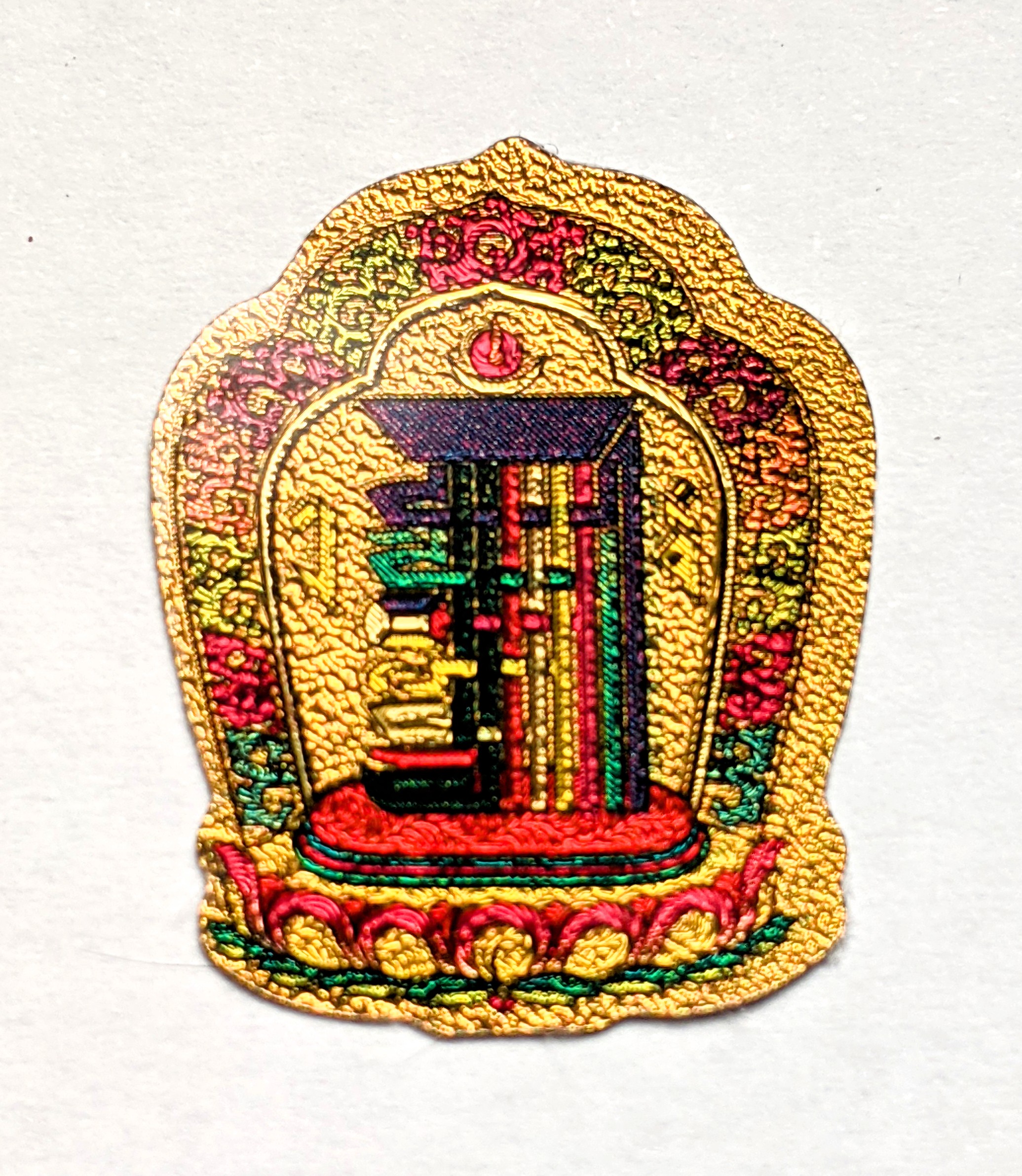Bivol Muslim is a term that resonates with many people, especially those interested in the rich tapestry of cultural practices in the Muslim community. This article aims to delve into the significance of Bivol Muslim, exploring its origins, its cultural relevance, and its impact on the lives of those who identify with it. As we embark on this journey, we will uncover the historical roots and contemporary implications of this fascinating subject.
The term "Bivol Muslim" refers to a specific cultural identity that has emerged in various regions, reflecting a blend of agricultural practices and Islamic traditions. Understanding this phenomenon requires us to look at the socio-economic and religious contexts that give rise to such unique identities. This article will serve as an informative guide for those looking to expand their knowledge on the topic and its significance in today's world.
In this extensive exploration, we will discuss the various aspects of Bivol Muslim, including its origins, cultural practices, and how it has evolved over time. Whether you are a student, a researcher, or simply someone with a keen interest in cultural studies, this article promises to provide you with valuable insights and resources.
Table of Contents
- What is Bivol Muslim?
- Historical Background
- Cultural Significance
- Bivol Muslim Practices
- Bivol Muslim in Contemporary Society
- Challenges and Opportunities
- Bivol Muslim and the Economy
- Conclusion
What is Bivol Muslim?
Bivol Muslim represents a unique cultural identity that combines Islamic teachings with specific agricultural practices, particularly in regions where cattle farming is prevalent. This identity is not merely about livestock; it encompasses a way of life that integrates faith, community, and agricultural sustainability.
Defining Characteristics
- Integration of Islamic principles in agricultural practices
- Community-oriented lifestyle focused on mutual support
- Emphasis on sustainable farming and animal husbandry
Historical Background
The roots of Bivol Muslim can be traced back to various Islamic agricultural societies that have flourished over the centuries. Historically, cattle farming has been a significant aspect of livelihood in many Muslim-majority regions, where the culture of farming is deeply intertwined with religious beliefs.
Key Historical Developments
- Introduction of Islamic agricultural practices during the early caliphates
- Impact of trade and migration on farming techniques
- Modernization and its influence on traditional practices
Cultural Significance
Bivol Muslim carries profound cultural significance, as it reflects the values and beliefs of a community that prioritizes sustainability, faith, and cooperation. The practices associated with Bivol Muslim are often seen as a way to preserve cultural heritage while adapting to modern challenges.
Community Bonds
The communal aspect of Bivol Muslim fosters strong social ties, where families and neighbors come together to support each other in agricultural endeavors. This sense of community is vital for shared resources, knowledge exchange, and mutual assistance.
Bivol Muslim Practices
Practices associated with Bivol Muslim vary by region but generally include specific rituals, agricultural techniques, and community gatherings that reinforce cultural identity.
Common Practices
- Seasonal festivals celebrating harvests and livestock
- Religious observances linked to agricultural cycles
- Knowledge sharing among community members
Bivol Muslim in Contemporary Society
As the world becomes increasingly globalized, the Bivol Muslim community faces both challenges and opportunities. While modernity poses threats to traditional practices, it also provides avenues for innovation and growth.
Adaptation and Resilience
Many Bivol Muslim communities are adapting to contemporary challenges by incorporating new technologies in farming while maintaining their cultural values. This blend of tradition and innovation is essential for their survival in a changing world.
Challenges and Opportunities
Despite the resilience of Bivol Muslim communities, they face numerous challenges, including climate change, economic pressures, and social dynamics that threaten their traditional way of life.
Addressing Challenges
- Implementing sustainable agricultural practices
- Strengthening community networks for resource sharing
- Advocating for policies that support local farming
Bivol Muslim and the Economy
The economic impact of Bivol Muslim is significant, as it contributes to local economies through agriculture, livestock trade, and cultural tourism. Understanding this economic aspect is crucial for appreciating the broader implications of Bivol Muslim.
Economic Contributions
- Boosting local markets through sustainable practices
- Creating job opportunities within the community
- Promoting cultural tourism as a means of income
Conclusion
In conclusion, Bivol Muslim represents a rich and multifaceted cultural phenomenon that is deeply rooted in agricultural practices and Islamic traditions. Understanding its historical background, cultural significance, and contemporary challenges provides valuable insights into the lives of those who identify with this unique community. As we move forward, it is essential to support and preserve these cultural identities while embracing the opportunities that modernization brings.
We invite you to share your thoughts on Bivol Muslim in the comments below. If you found this article informative, please consider sharing it with others or exploring more articles on our site!
Thank you for reading, and we look forward to welcoming you back for more insightful content in the future!




